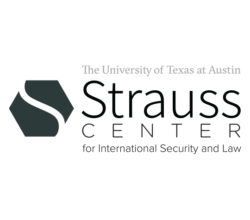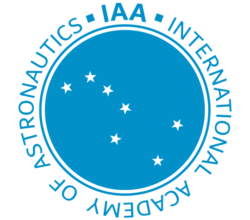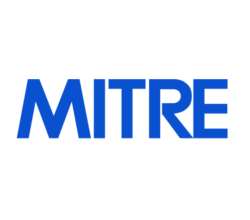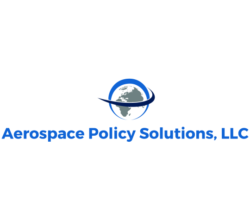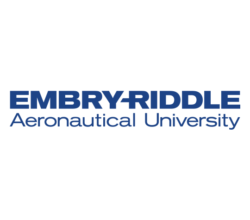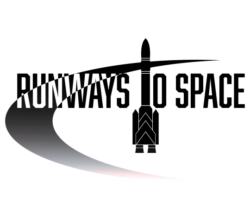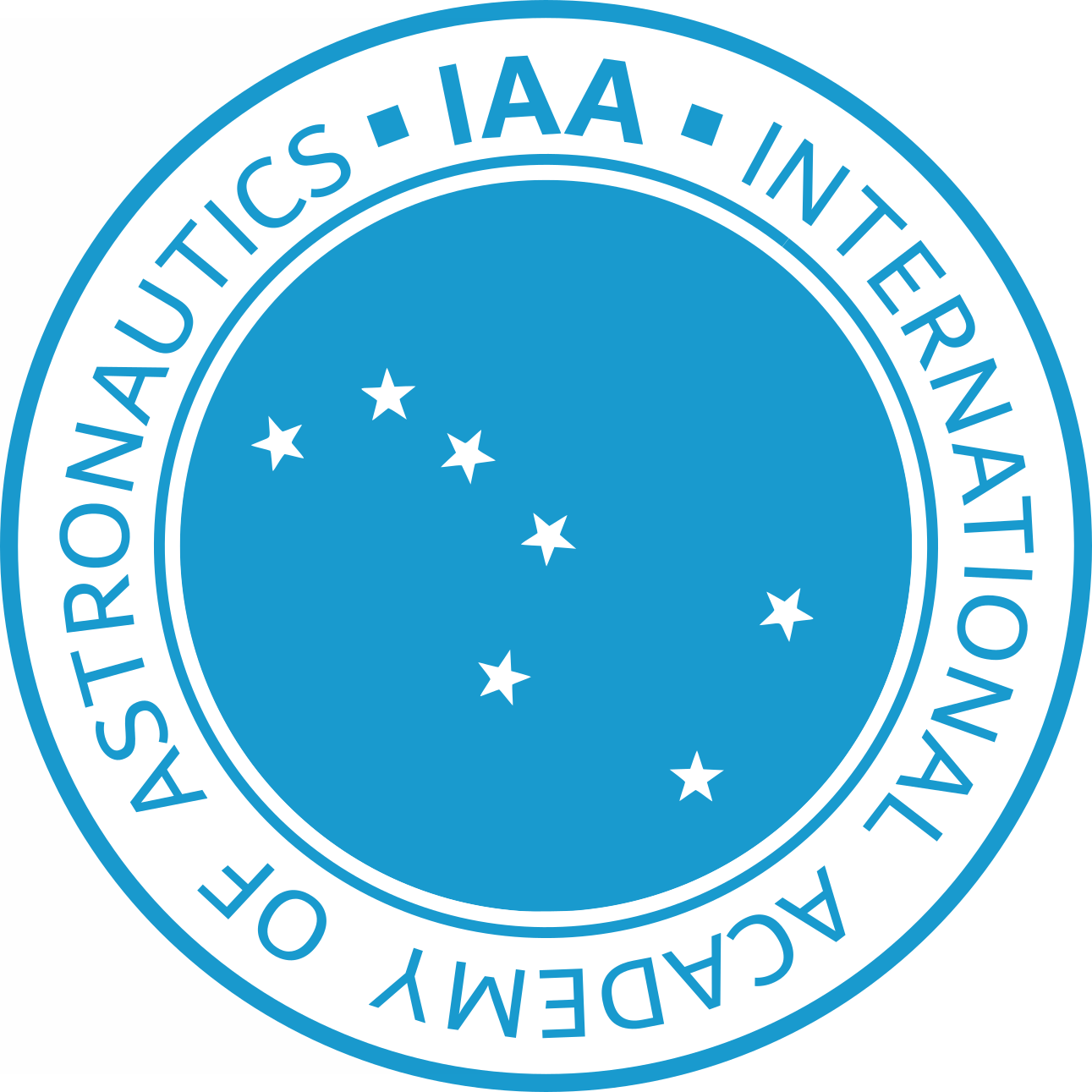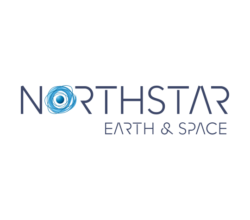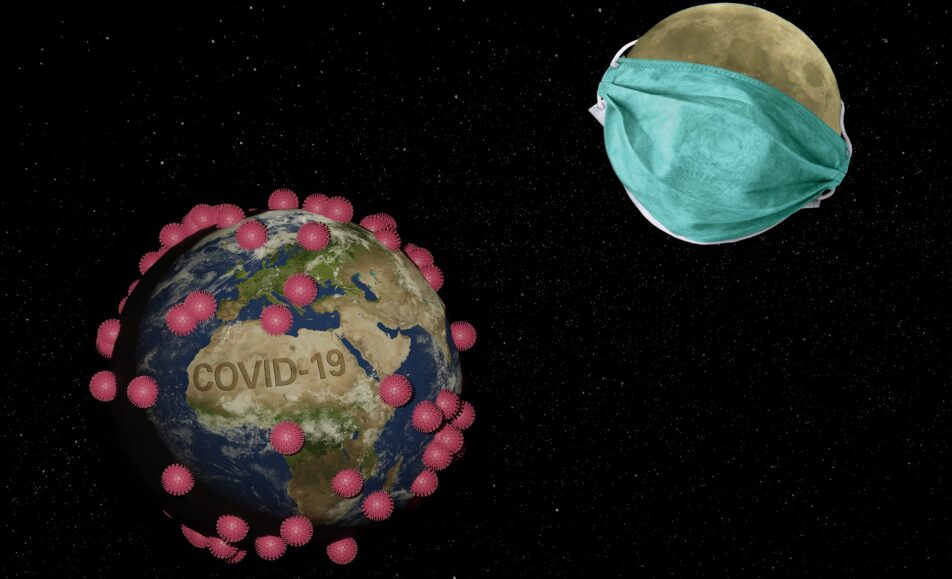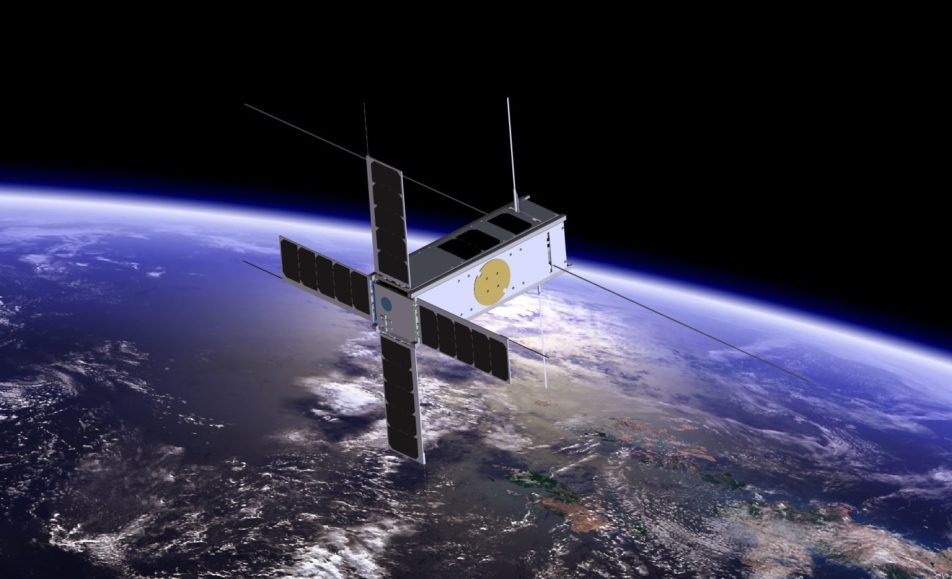The Space Security, Safety, and Sustainability (SSSS) Program at The University of Texas at Austin’s (UT) Strauss Center for International Security and Law and the Cockrell School of Engineering, in partnership with the International Academy of Astronautics (IAA) and MITRE, will hold the 10th annual Space Traffic Management Conference, “Inflection Points of Change: Civil, Commercial & Security” for space operations. Additional support is provided by NorthStar Earth and Space, Aerospace Policy Solutions, LLC, Kayhan Space, Embry Riddle Aeronautical University O’Maley College of Business, and Runways to Space LLC. The conference will take place on February 27-28, 2024, hosted at The University of Texas at Austin, USA. Experts from all over the world will gather to discuss and exchange knowledge on Space Traffic Management. Technical sessions will be devoted to several topics like Changing Legal and Regulatory Frameworks, Airspace/Orbital Space Integration, Space Safety and Sustainability, Security, and Related Issues.
This year’s conference will be held in Bass Lecture Hall, LBJ School of Public Affairs, The University of Texas at Austin, Texas USA.
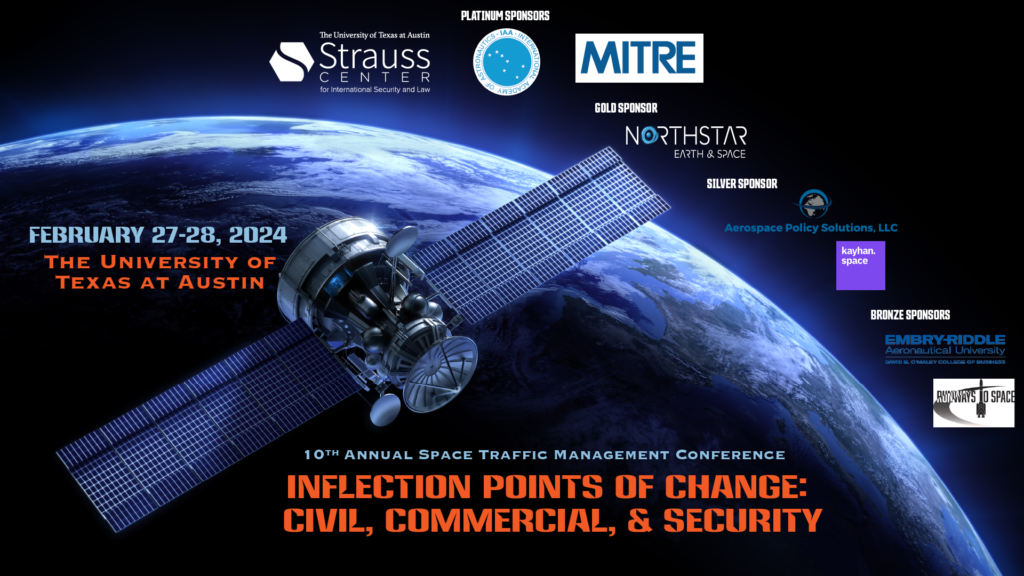
Papers were solicited, aligned with this year’s theme, in the areas listed below:
● Civil: The growing number of civil spaceports, the increasing number of countries pursuing participation in space situational awareness or sustainability efforts and the U.S. transition of space traffic management to the Department of Commerce and its implications for space operators worldwide.
● Commercial: The effects of high-profile events on the commercial space market and the emergence of novel space activities including efforts for satellite servicing and deorbiting, along with policies and regulations governing their operations.
● Security: The issues and role of commercial space assets and the intersection of space diplomacy with the security landscape.
Furthermore, we encourage authors to explore the interplay between these inflection points and other relevant topics, such as space environmentalism, sustainability, economics, and the integration of traditional ecological knowledge (TEK) into effective space traffic management.
Authors were invited to submit papers that contribute to the advancement of the field by offering new insights, research findings, and innovative ideas. Selected papers will have the opportunity to be featured in a special edition of Acta Astronautica, a prestigious journal in the aerospace domain.
KEY DATES:
● 30 June 2023 Call for papers (print version is available here)
● 30 September 2023 extended Abstracts deadline (student papers with faculty recommendations accepted until 1 November/authors notified Nov 15)
● 15 October 2023 Authors notified
● 15 October 2023 Registration opens (registration fee €100 /members, €110 non-members, student discount will be available)
● 30 October 2023 Preliminary Program Published
● 28 January 2024 Final Papers Due
● 27-28 February 2024 10th STM Conference
We look forward to welcoming you to the 10th Annual STM Conference in Austin, Texas. Together, we will explore the inflection points of change and shape the future of space traffic management in the civil, commercial, and security domains.
Selected papers will be submitted for a special STM edition of Acta Astronautica.
CONTACT:
For more detailed information, please contact Ali Prince at ali.prince@austin.utexas.edu
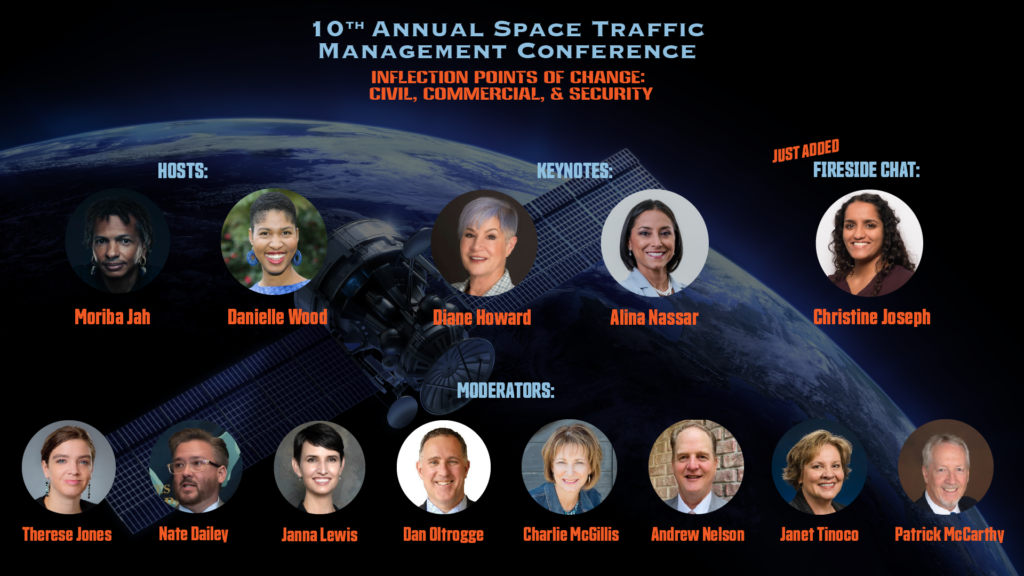
.
STM 2024 agenda as of February 16, 2024
Program Committee
Cirkovic Elena E
Dailey Nate
McGillis Charlie
Mejia-Kaiser Martha
Narayanan Sunny
Sanchez Ortiz Noelia
Stilwell Ruth E.
Tinoco Janet
von der Ohe Martin
Local Organizing Committee
Ruth Stillwell
Janet Tinoco
Charlie McGillis
Ali Prince
Full Program as of February 26, 2024
All media needs to be accredited to access the venue center. Please contact the LOC.
More information...
ABSTRACT SUBMITTAL:
Abstracts of up to 500 words are invited and must include the precise title of the paper, the topic area of interest, the author’s full name and affiliation, and complete contact information including an email address. The language of the conference is English. All abstracts must follow the STM Conference paper guidelines and the abstract template is available here. Papers must be submitted online through the conference website upload link beginning 30 June 2023. Please be sure to designate the topic area your paper addresses (see topics listed above). In person attendance is required to present a paper. The deadline for receipt of abstracts is 30 September 2023.
Author Requirements
For those whose abstracts are selected:
Session presenters should be available to do the following:
Submit a final academic quality paper by 28 January 2024.
Be available for a live Q&A panel one of the days of the conference
Finalize papers as applicable for publication.
Selected papers will be submitted for a special STM edition of Acta Astronautica.
Please upload your paper by January 28, 2024 deadline at:
https://web.tresorit.com/r#yX-dc1htv2QXa4XEzyxpyQ
Publications related to the conference
IAA Publications
Selected papers from STM 2024 will be published in the IAA Scientific Journal Acta Astronautica.
Space Traffic Management, September 2005, Paris, France, 104 pages. At first glance, the management of space traffic does not appear to be a pressing problem. On closer examination, this judgement has to be challenged. A high level and ever growing number of launches from more and more launch sites and spaceports, the participation of non-governmental entities, the positioning of satellite constellations, an increase in space debris and the advent of reusable launch vehicles support this view. Conceptualizing space traffic management will turn out to become a relevant task during the next two decades. Space traffic management however, will limit the freedom of use of outer space. Therefore an international consensus on internationally binding regulations will only be achieved, if States identify certain urgency and expect a specific as well as collective benefit – including an economic benefit – from this. The study addresses or directs decision makers in UNCOPUOS, ITU and ICAO to approach specific problems, organizations which are building blocks for a future space traffic management regime.
Space Traffic Management – Towards a Roadmap for Implementation, Published in June 2018, 156 pages. This study revisits the topic of Space Traffic Management (STM) with the purpose of providing an updated inter-disciplinary context and of supporting decision-making in the global community. In 2006, the International Academy of Astronautics (IAA) took on the task of conducting a first study on STM (the “Cosmic Study”), then kick-starting a process of discussion of STM as a means to effectively deal with the increasing challenges space actors face. More than a decade later, this new study draws from the extensive academic work and policy-making activities carried out since the “Cosmic Study”. Its purpose is to revisit and adjust the concept of STM to current advancements in space activities as well as to geopolitical developments. In addition to presenting a more coherent and robust concept of STM, the study discusses the potential of STM to influence or shape the evolution of the legal and regulatory framework for space activities.
Online registration link
Registration
Please register with the following link:
For the Zoom registration, please note you must have a Zoom account and login to Zoom with the same email address you used to register.
Students must be sure to register and login to Zoom using their .edu address.
Information on virtual conference
Zoom Information
You may use your web browser or install the Zoom software for free.
Information on the venue
Venue
This year’s conference will be held in Bass Lecture Hall, LBJ School of Public Affairs, The University of Texas at Austin, Texas USA.
